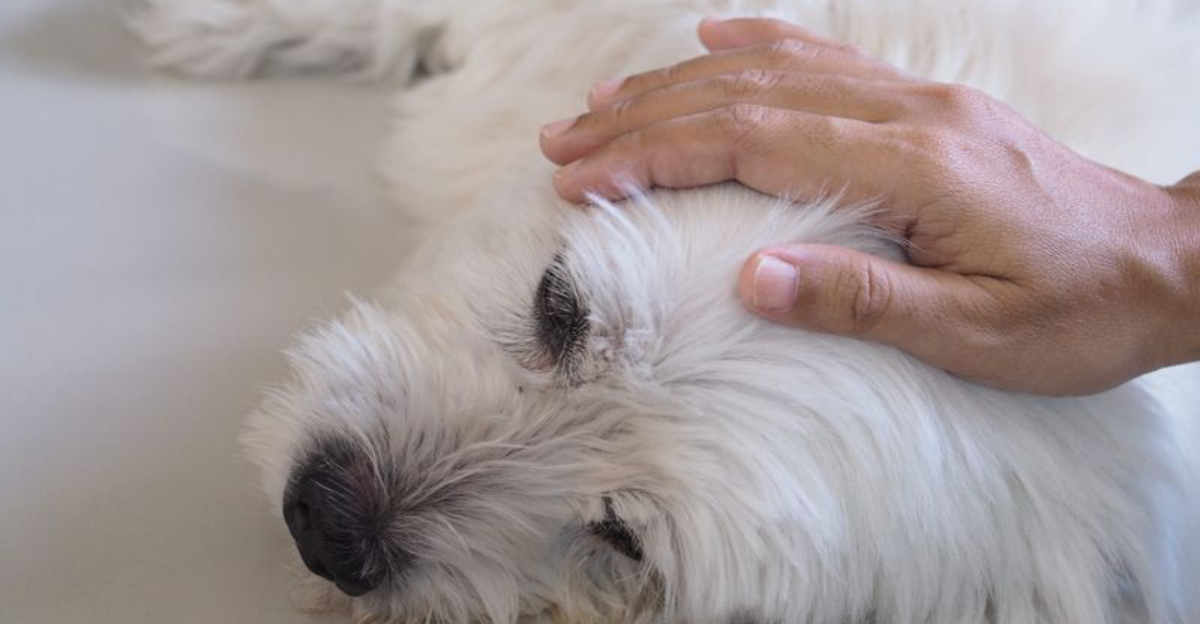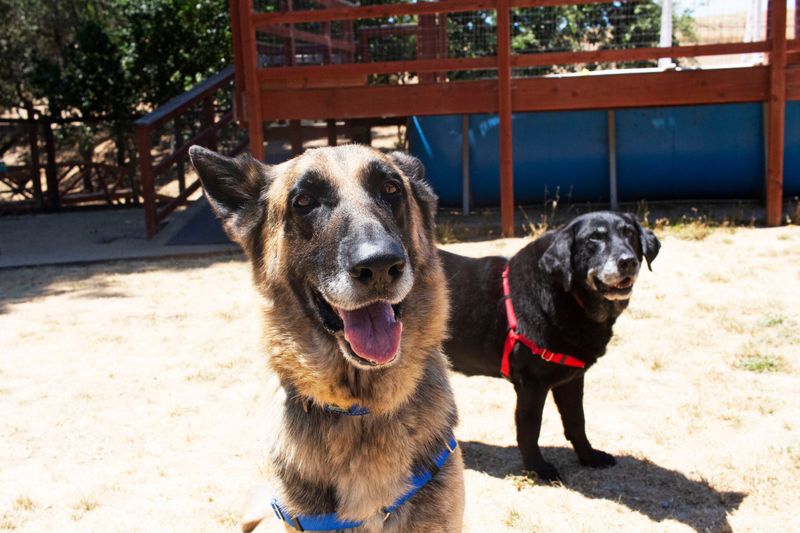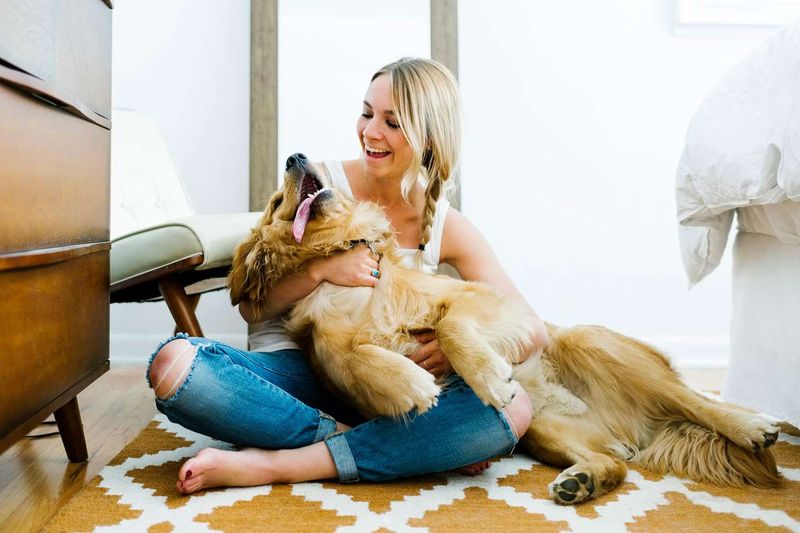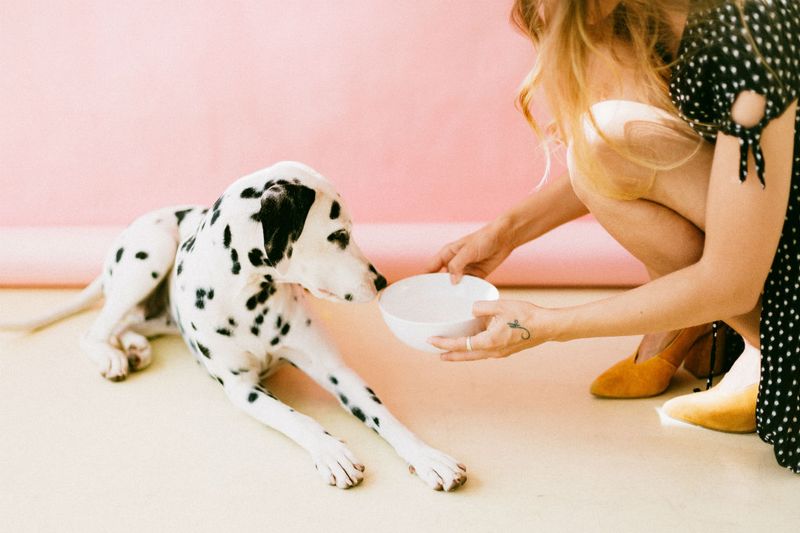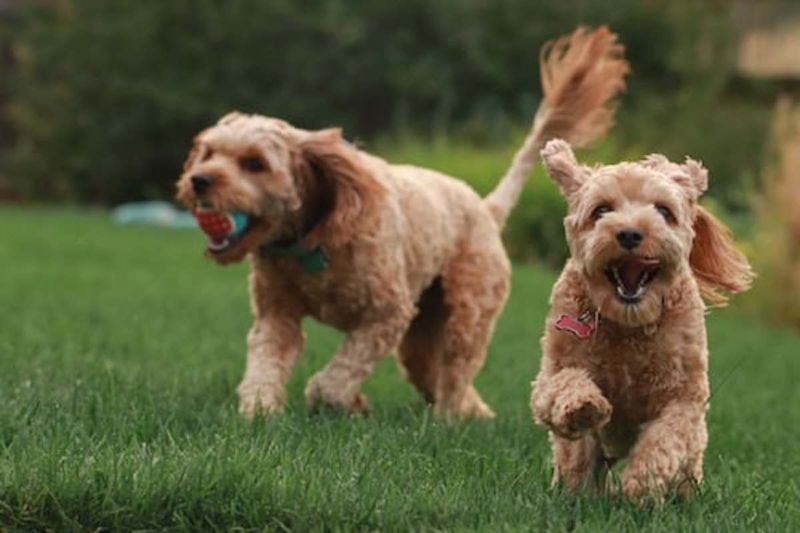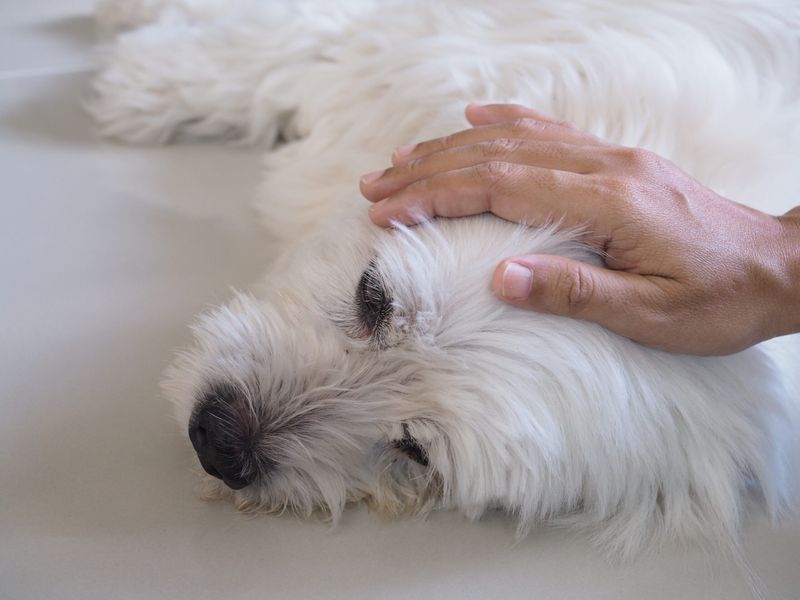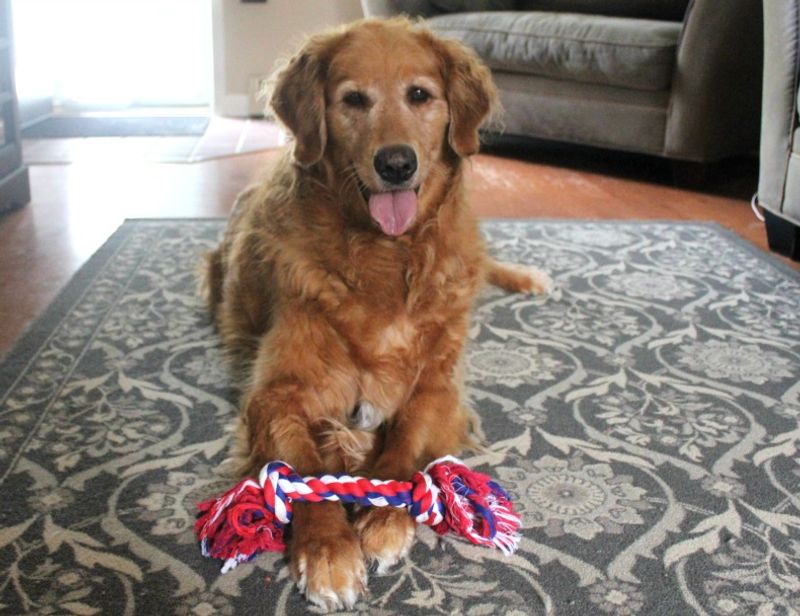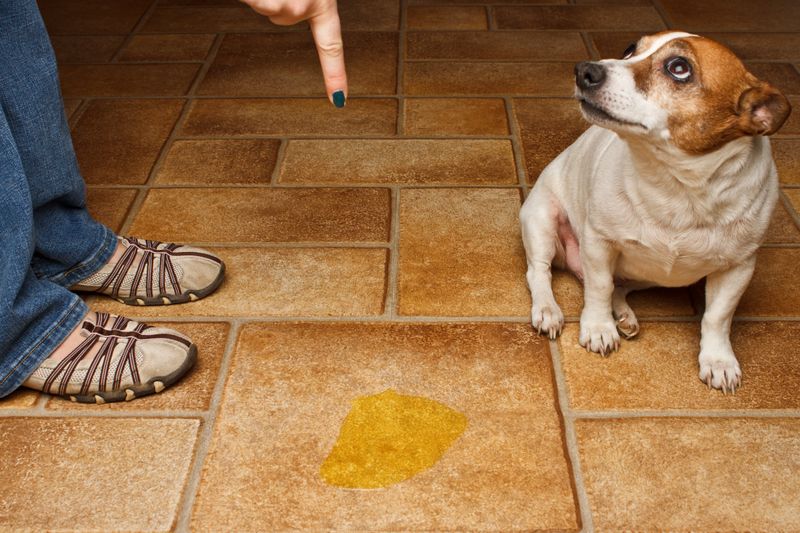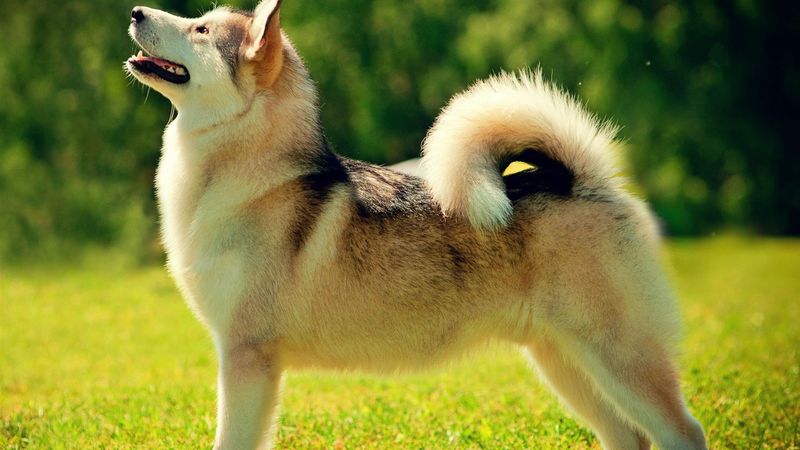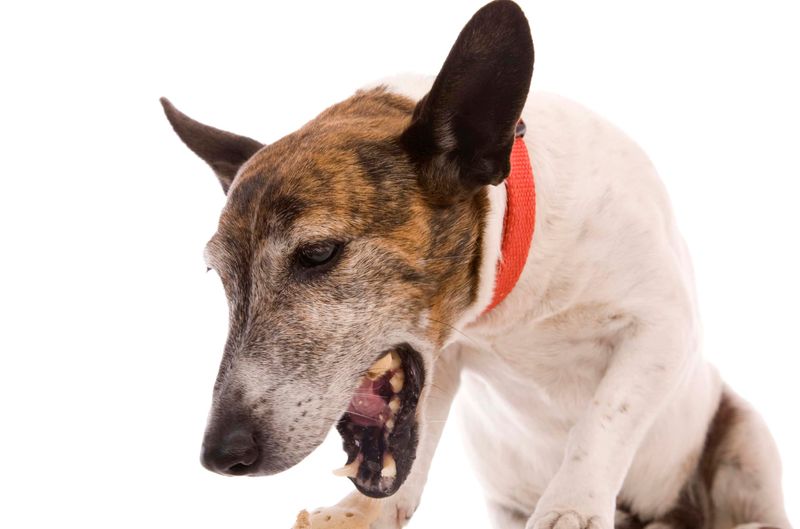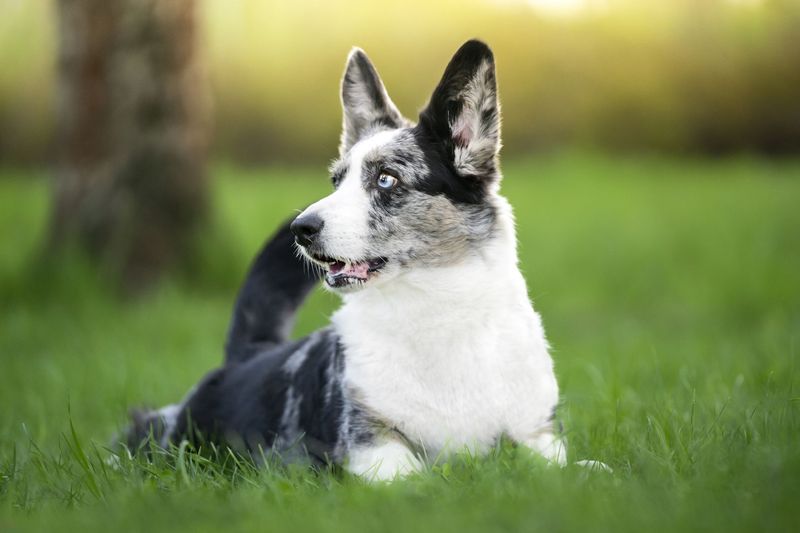Understanding the subtle signs that your beloved dog is either preparing to say goodbye or not ready yet can be both comforting and informative. This blog post explores seven signs that indicate it may be nearing farewell time for your pet, and seven signs that show they still have plenty of zest for life.
Elderly Dogs Slowing Down
As dogs age, their energy levels naturally decrease. You might notice your elderly dog is slowing down, taking longer naps, or not partaking in favorite activities. There’s a nostalgia in watching them dream peacefully on a lazy afternoon.
However, this isn’t always a sign of goodbye. It could be a gentle reminder of the passage of time, showing the wisdom and experience they’ve gained over the years. Keep an eye on their daily routines, ensuring they’re comfortable and happy. Regular vet check-ups will help spot any underlying health concerns.
Increased Affection
Sometimes, dogs become more affectionate as they age. This tenderness can be heartwarming, as your dog may seek more cuddles and closeness than usual. It could indicate they are cherishing the moments they have with you.
Yet, increased affection doesn’t always signal farewell. They might simply be expressing their unwavering love and appreciation for your companionship. Enjoy these moments, as they strengthen the bond between you and your furry friend. Observe their overall behavior to determine if it’s a sign of parting or just endearing affection.
Decreased Appetite
Imagine the once eager eater now hesitating at mealtime. A decreased appetite can signal a range of issues, from dental problems to more serious health concerns. This could be a poignant sign that your dog is preparing to say goodbye.
However, a lack of appetite might also be a temporary issue, perhaps due to stress or a change in routine. Consult your veterinarian to rule out any medical problems. Monitor their eating habits closely, as proper nutrition is crucial for their well-being. A little encouragement might bring back their appetite.
Sudden Energy Bursts
It’s a joyful sight when an older dog suddenly bursts with energy, chasing after a ball or playing with vigor. This can sometimes be a reminiscence of their youthful days.
Such bursts of energy might indicate they’re not ready to say goodbye just yet. They could be relishing the joy of movement and play, showing that there’s still zest for life. Cherish these lively moments, as they bring happiness to both you and your dog. Enjoy their playfulness, which can be a sign of good health and spirit.
Withdrawal and Isolation
When a dog begins to withdraw, spending more time alone, it can be a sign they are nearing the end. This behavior, accompanied by a sad demeanor, might indicate discomfort or pain.
However, isolation isn’t always a farewell sign. Dogs can isolate themselves when feeling unwell or simply wanting some quiet time. Observe if this behavior is consistent or accompanied by other worrying signs. Consulting a veterinarian can help determine if there’s an underlying health issue or if it’s just a phase in their aging process.
Playful Puppy-Like Behavior
Witnessing an old dog exhibiting playful behavior, reminiscent of their puppy days, can be a delightful surprise. Their playful antics might include chasing toys or engaging in fun, mirroring their youth.
This behavior often signals they’re not yet ready to say goodbye. It shows they still derive joy and excitement from activities they once loved. Embrace these moments of youthful exuberance, as they signify happiness and a zest for life. Engage with them in play, creating cherished memories that uplift both of your spirits.
Restlessness at Night
Nighttime restlessness can be a troubling sign in senior dogs. If your dog paces or seems unable to settle at night, it might indicate discomfort or anxiety, possibly hinting at their readiness to say goodbye.
However, restlessness can also be a result of cognitive changes or discomforts like arthritis. Ensuring a comfortable sleeping environment and consulting a vet can address underlying issues. Look for other signs to determine if it’s part of a goodbye or simply age-related restlessness. Providing comfort can ease their nighttime anxiety.
Sudden Change in Grooming Habits
A once meticulous dog suddenly neglecting grooming might indicate declining health. If your poodle’s once shiny coat becomes unkempt, it could be a sign they’re unwell or preparing to say goodbye.
Yet, changes in grooming habits can also stem from manageable health issues. Regular brushing and check-ups can help maintain their comfort and appearance. Monitor any accompanying signs to understand if this change is temporary or more significant. Keeping an eye on their overall behavior is key to interpreting these subtle signs.
Increased Vocalization
Beagles are known for their vocal nature, but increased vocalization in senior dogs can be a sign of distress or discomfort. This howling or barking might indicate they are preparing to say goodbye.
Alternatively, it could be a call for attention, signaling that they’re not ready to part just yet. They might be seeking reassurance, companionship, or simply responding to changes in their environment. Listening to their cues and consulting with a veterinarian can help determine the underlying cause. Providing comfort and understanding is essential.
Rekindled Interest in Favorite Activities
When a senior dog renews interest in activities they once loved, it signifies a youthful spirit. Watching a Cocker Spaniel fetch a ball with enthusiasm brings joy to any owner.
This renewed interest often signals they are not ready to say goodbye. It shows they still find enjoyment and fulfillment in beloved pastimes. Encourage these activities, as they enhance the quality of life for both you and your pet. These moments are precious, reminding you of the bond and love shared with your canine companion.
Frequent Accidents Indoors
Frequent accidents indoors can be frustrating but may indicate underlying health problems. If your pug, who was once house-trained, starts having accidents, it could hint at issues like incontinence or kidney problems.
Such behavior might suggest they are nearing the end, but it could also be a manageable condition. Consulting a vet can help diagnose and address the problem. Patience and understanding are key as they adjust to age-related changes. Create a supportive environment to ease their discomfort and maintain their dignity throughout.
Consistent Tail Wagging
A wagging tail is a universal sign of a happy dog. If your elderly border collie’s tail wags consistently, it’s a joyful indication they are not ready to say goodbye.
This enthusiasm reflects contentment and a love for life, showing they still find joy in their surroundings. Encouraging this positive behavior strengthens your bond, offering mutual happiness. A wagging tail is more than just a sign; it’s a testament to the shared joy and experiences with your beloved pet. Embrace these moments, as they reflect a life well-loved.
Persistent Coughing or Wheezing
Persistent coughing or wheezing can be alarming, signaling potential respiratory issues. If your boxer exhibits this behavior, it might be a sign they’re preparing to say goodbye.
However, respiratory problems can often be managed with veterinary care. Monitoring their overall health and seeking timely medical intervention can alleviate discomfort. It’s essential to address these symptoms early to enhance their quality of life. Understanding the root cause can help determine if it’s a sign of goodbye or a treatable condition.
Bright Eyes and Curious Nature
A dog’s eyes can tell a story. Bright, curious eyes in a senior terrier suggest a lively spirit and an eagerness to explore the world. This behavior often indicates they are not ready to say goodbye.
Their curiosity reflects a continued interest in life, showcasing an adventurous and engaging personality. Encouraging exploration and providing mental stimulation can enhance their happiness and health. These bright-eyed moments are treasures, offering insight into their enduring spirit and love for life.
